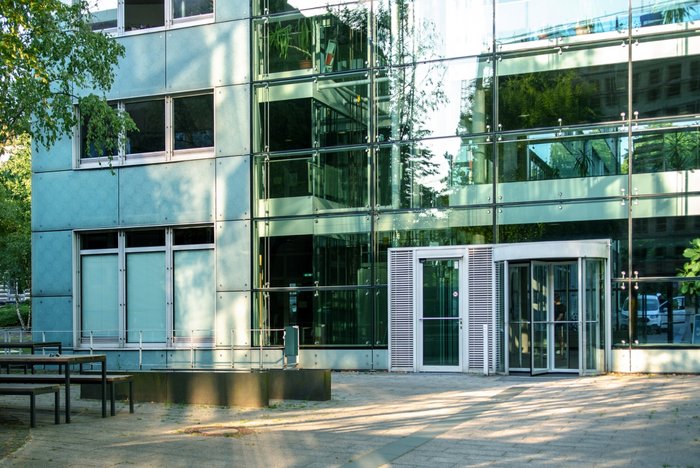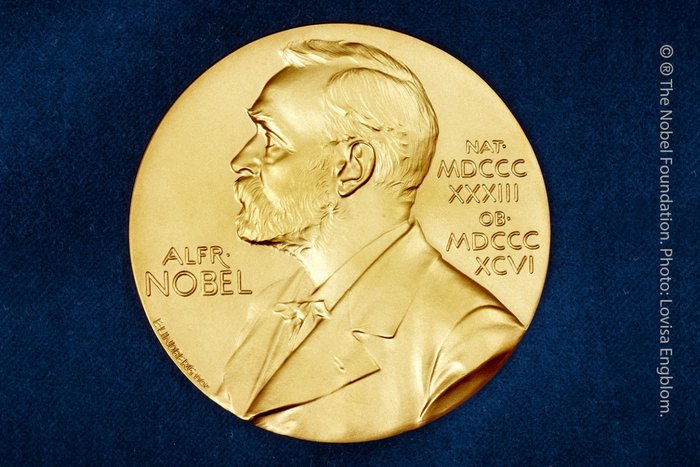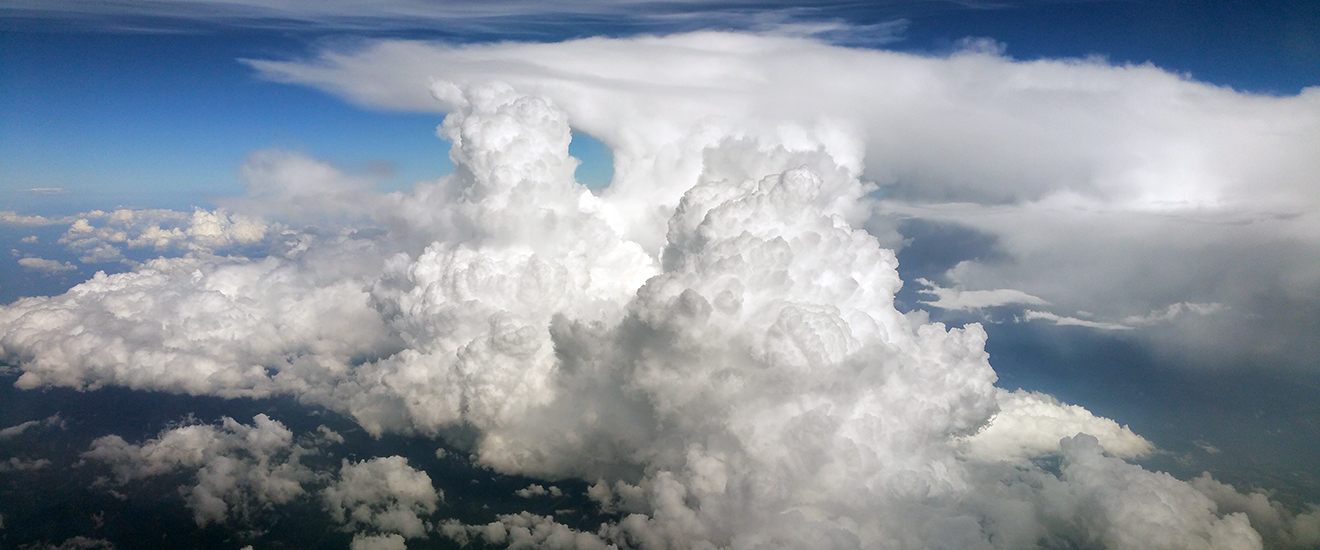
News

Why stratospheric aerosol disproportionately cools the Indian and western Pacific Ocean
In a new study Moritz Günther, Hauke Schmidt, Claudia Timmreck, and Matthew Toohey show how aerosol perturbations in the stratosphere lead to a…
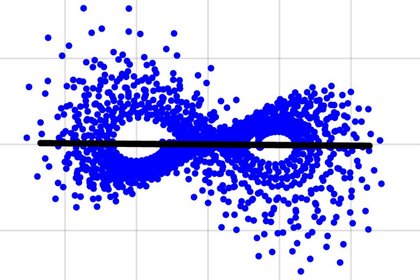
Why is climate stochastic?
A time series of a climate variable often resembles a random sequence. This apparent randomness is generally attributed to the unpredictable and…
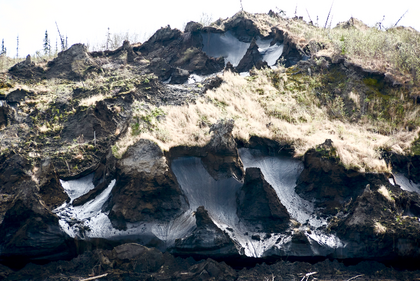
Climate change amplified by permafrost cloud feedback
Researchers at the Max Planck Institute for Meteorology shed light on what may happen if the frozen soils thaw in response to global heating.…
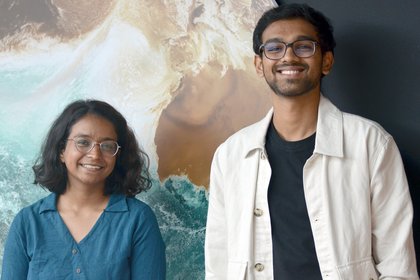
Indian Master's students visiting as part of the IISER MPG Master's internship program
The Max Planck Institute for Meteorology is continuing its partnership with the Indian Institutes for Science Education and Research (IISERs) as part…

Humboldt Research Awardee Stephen Sitch at Max Planck Institute for Meteorology
Professor Stephen Sitch, a world-leading scientist from the University of Exeter, UK, scientist with outstanding achievements in terrestrial carbon…
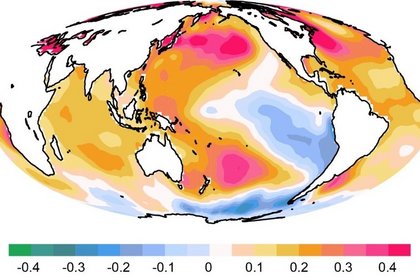
Changes to the Warming Pattern in the Tropical Pacific
The Earth is rapidly warming in response to human-induced greenhouse gas emissions. The warming is however not uniform, with some areas of the Earth…
Our Research
Revisiting the Blue Marble: ICON simulating the coupled climate system at 1 km
The early 1970s is often associated with the birth of the modern environmental movement. In 1970 the first Earth day was celebrated, and Greenpeace was founded in 1971. In March 1972 the Club of Rome published its influential report entitled the “limits of growth”. The growing environmental consciousness was ...
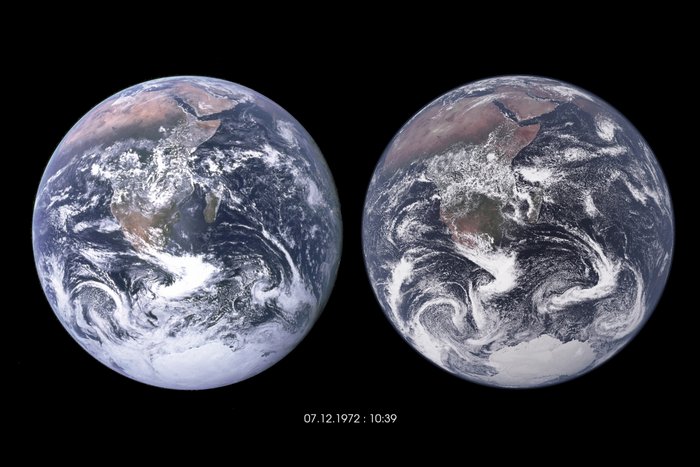
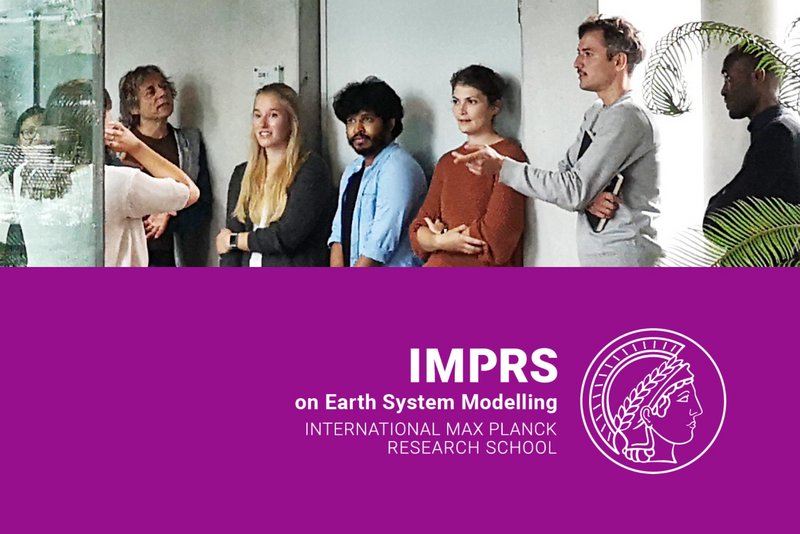
The International Max Planck Research School on Earth System Modelling
The International Max Planck Research School on Earth System Modelling (IMPRS-ESM) offers a structured, interdisciplinary and international program for graduate students who want to earn a PhD degree. The main focus of our doctoral program is to advance our understanding of processes and dynamics in the Earth system as well as our prediction skills.


